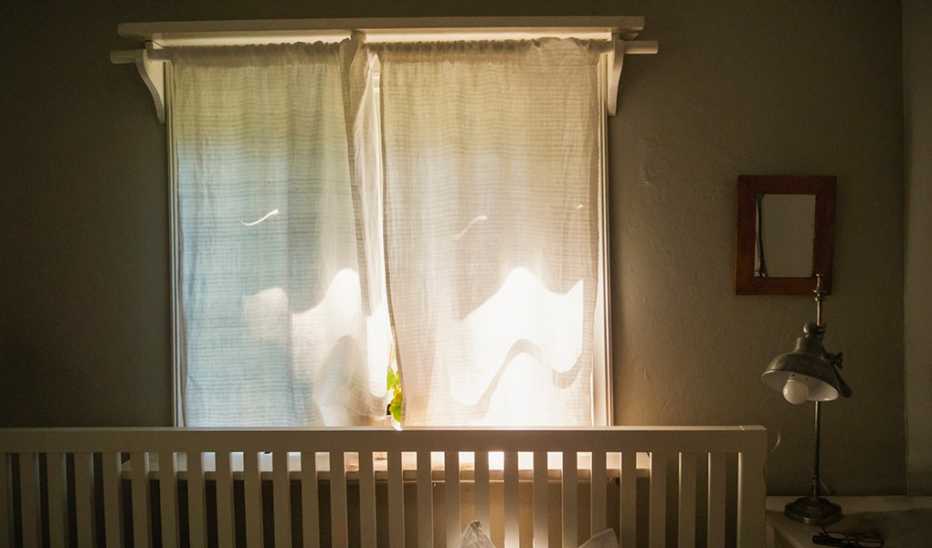Challenges


Quick Win
The glow from lamps, streetlights and electronic screens can act like the sun, affecting your circadian rhythm and alerting you to wake up.
Try This Today
- Block light from the windows with room-darkening shades or blackout curtains and turn off hallway lights, which can shine through the gap under the door.
- Wear an eye mask. The masks not only block out light, they may signal to your brain that it’s time to sleep.
- If you use a night-light, try a red-spectrum bulb. The red is less likely than blue or bright white light to interrupt the body’s natural rhythms.
Why
The glow from bright lamps, streetlights and electronic screens can act like the sun, affecting your circadian rhythm and alerting you to wake up. Bright light also hampers your body’s release of melatonin, a hormone that helps bring on sleep. “Because of its wavelength, blue light disrupts healthy sleep,” says Phillip Yuhas, an assistant professor at the Ohio State University College of Optometry. Exposure to light can affect more than your sleep quality; it may increase risk for depressive symptoms, according to a study in older adults reported in 2018 in the American Journal of Epidemiology, and it was linked with obesity, diabetes and hypertension in a study published in 2022 in Sleep.











More From Staying Sharp
Avoid Late Naps
Skip the evening snooze to get better sleep at night
A Healthy Diet May Be Linked to Better Sleep
Understand how your diet influences your sleep quality and find ways to improve it
The Power of Music for the Brain
Learn how music can boost your mood and brain health and find out why it's so powerful